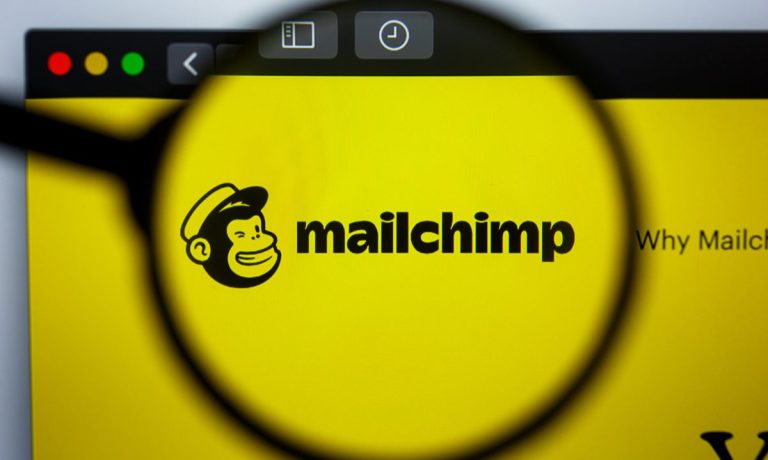Email Startup Mailchimp Eyes Sale

Mailchimp, an email marketing startup, is looking into a sale that would possibly value the company at over $10 billion, Bloomberg reported.
Mailchimp, which is based in Atlanta, is also looking into selling a minority stake, according to Bloomberg, which cited unnamed sources. Mailchimp has been getting interest from private equity firms as well as large tech firms. As of this week, the company had not made a decision on what it would do going forward.
Before interest, taxes, depreciation and amortization in 2020, Mailchimp was holding around $300 million in earnings, Bloomberg reported.
Scott Berg, managing director for equity research at Needham & Co., said the $10 billion valuation might be a reasonable target given the way Mailchimp has been growing, per Bloomberg. He said the company’s EBITDA margins as well as the estimates of the reported $700 million revenue from 2019, along with comparisons to other companies, informed his predictions.
The company’s valuation could be somewhere between $7 billion to $11 billion, according to Reuters.
The origins of Mailchimp go back to the 2001 founding of web design agency Rocket Science Group, and the company now offers digital marketing services for small businesses, which encompasses social advertising, shoppable links and automation products.
In April, Mailchimp added new features like Stores, which lets merchants create or edit online storefronts, complete orders and manage payments, taxes and shipping, along with Appointments, which lets businesses offer service bookings and manage schedules online.
Read more: Mailchimp Adds Online Storefront And Appointment-Booking Tools
“Our goal is to not just help merchants to build their stores or online presence — we aim to help them build their audiences to attract shoppers and receive orders, too,” the company said at the time. “That means small businesses don’t just see purchase or schedule information, they’ll be able to see which emails or social posts drove traffic and purchases on their site, or be able to easily target repeat customers with automations based on their browsing and purchase history.”